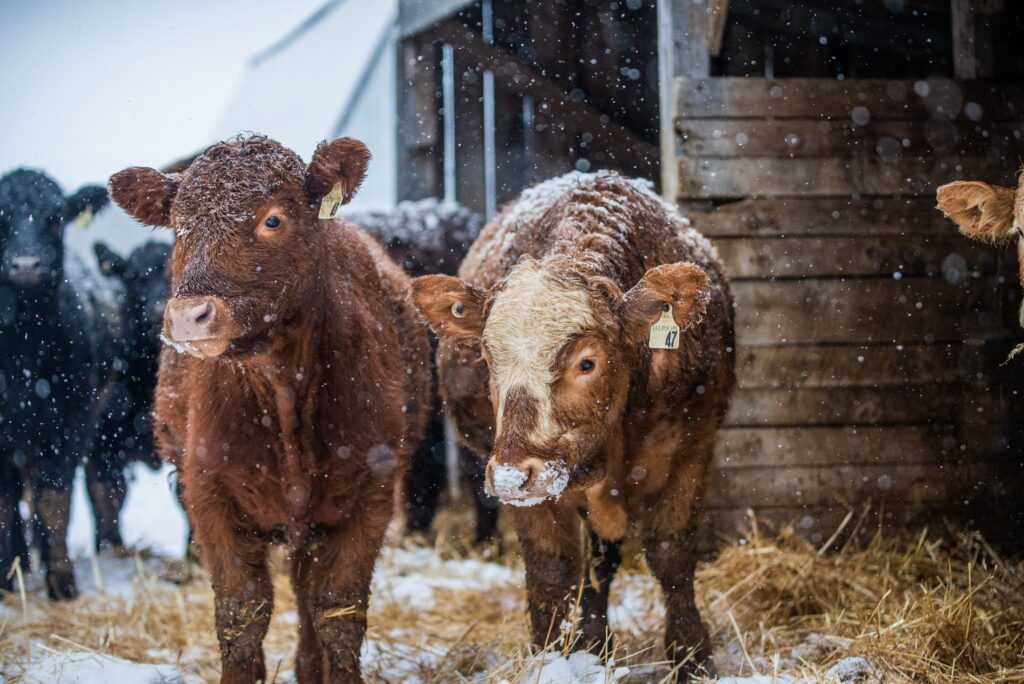Ensuring the Winter Welfare of Livestock
Being proactive and attentive to your livestock during the winter season is important to their health and well-being. The cold weather affects their health and productivity by increasing energy requirements, causing temperature stress, frostbite, dehydration, and other problems. Ranchers must be diligent in the cold months to ensure they provide proper care to their animals.
Lower temperatures create stress that can lower the immune system making animals more prone to illnesses. Maintaining their optimal body temperature is essential for their health and resilience. Providing appropriate cover during extremely cold weather makes them less susceptible to frostbite on body parts like the ears, tails, and hooves.
Additionally, cold weather can freeze water sources leading to the possibility of dehydration and other various health problems. Breaking the ice, installing heated tanks, and insulating water pipes, are all essential ways to provide drinking water. Strategic placement of the water sources is also important. Regularly monitoring the water sources helps ensure that the chosen method is effective.
Energy requirements increase during cold weather because animals are working hard as they generate heat to maintain their body temperature. In turn, they may need to eat more to increase the heat produced through metabolism. Adequate nutrition is necessary. Foods rich in fats are good choices as they provide a higher caloric content, and the metabolic breakdown of fats releases more energy compared to proteins or carbohydrates. This extra energy helps them maintain body temperature. Insufficient food intake can cause weight loss and increase the risk of diseases. According to Elizabeth Belew, Ph.D., a cattle nutritionist with Purina Animal Nutrition, “As temperatures decrease, cow nutritional requirements increase. Add in precipitation or wind, and requirements increase even more.” This highlights the importance of providing animals with a proper diet in addition to shelter and water.
Caring for your animals in the winter months can be challenging when the weather turns cold, but it is crucial for future herd or flock health. We hope all of your animals remain healthy and thrive during this season.


